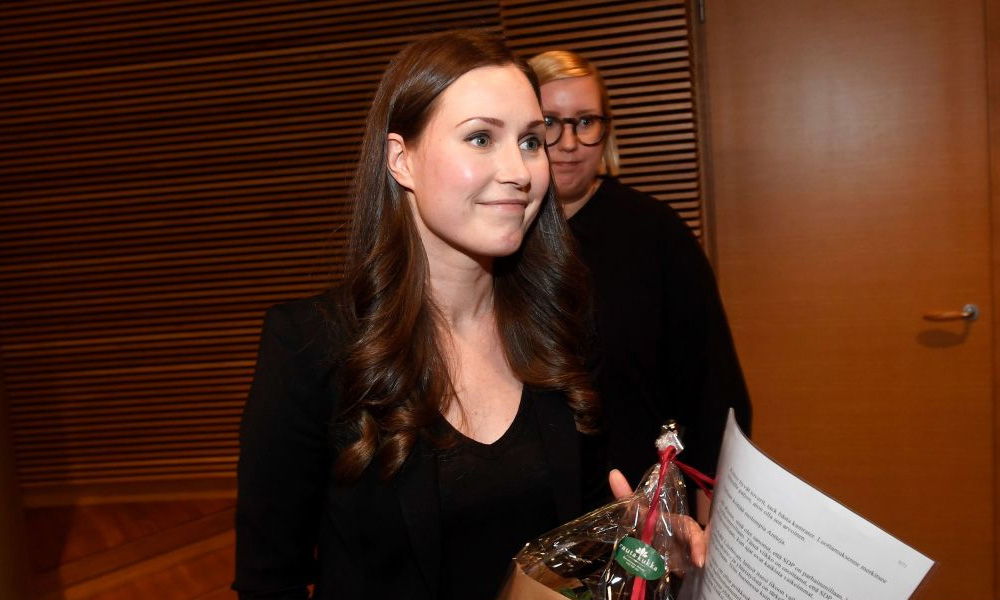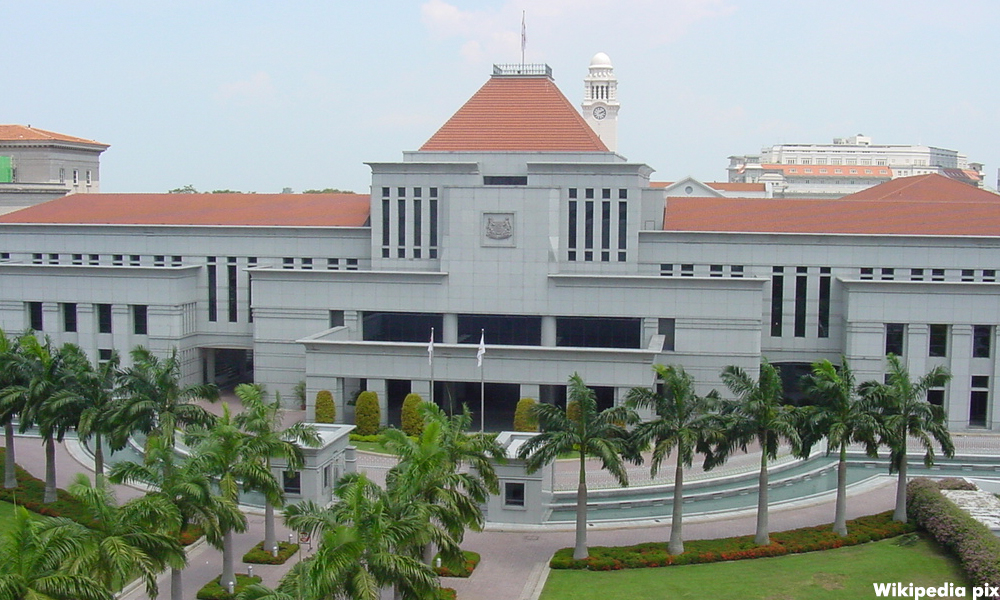Finland’s Sanna Marin, 34, is the world’s youngest prime minister and together with Jacinda Ardern of New Zealand and Salvador’s conservative businessperson Nayib Bukele, they are among an august pedigree that sets them apart from others as young leaders.
Marin, Arden and Bukele’s journey as young ministers in the cabinet is nothing new. They are energetic, full of ideas and responsible for their government and the day-to-day administration.
These young people stand out as the current leaders in the world - from the United States to Europe to Asia. The last decade has seen more young people getting vigorously involved in politics and even becoming voted representatives themselves.
As the world evolves, so are the minds of people. The young are visible to the realities along with education and sufficient knowledge. Such a maxim of intelligentsia expands their perspective on life and ability to transform the world.
Their latent sincerity and openness towards people have led them to take over many challenges. These young minds have a lot to offer us as leaders compared to others who enjoy the perks of having the same posts.

In these difficult times of high inflation and struggling against poverty regardless of race, religion or region, we ask some questions: How about our ministers? What are they doing?
At this juncture, we may notice that most of our MPS are the same people who have been appointed to the various ministries. They are just rotating their offices in Putrajaya.
The people need me - that is their philosophy. They are in the old man’s game with an average age of 60 years and above. With many ministers brought to trials, the rakyat can conclude what type of leaders they had chosen. It is a sign there is a deification of horrific financial scandals, corruption and kleptocracy.

‘No walk in the park’
We have been living in a society where our politics and politicians are always noisily adversarial. They are criticised for the work they do and how they are fascinated by power instead of valuing the rakyat they represent.
Many Malaysians have started to blame the government for spending too much time on politics and not enough time governing.
Being a minister or an MP is no walk in the park. The job requires skills, talents and even innate abilities. Having the old timers as the MPs, how many of them are really well versed with modern technology and digital resources or have the ability to navigate multicultural societies?
Do they strive to build sustainability for people? If so, how about the calls for a joint obligation to the stakeholders of society? Can they be resolute in bringing about sustainable development by commencing from individual problems of justice, poverty, and education, which mould the entire concept?
Addressing the issue of the rakyat is not only a matter of cutting ribbons at PTA meetings or repairing potholes and patching roads. It is more than that. The rakyat dream of clean, transparent, accountable, corrupt-free, democratic, just, fair, etc ministers who represent them.
There are also alarms about the imperative issue of global warming, cyberbullies or crypto crimes which most ministers fail to address. As the issues are different from the yesteryears, there is a need for promising young leaders who believe in a collective effort towards a better future.
Just crossing the Tebrau Straits, Singapore boasts many young leaders in their cabinet, a move that is investing in the future. When they speak about renewal, it means they refer to the confidence, trust and hope in youth leadership to organise a nation.
One interesting fact is that a typical minister in Singapore is someone who has studied at the National University of Singapore, Oxbridge or the Ivy League universities, studied economics or business as an undergraduate and obtained a postgraduate degree.

Next, they are definitely bilingual and eloquent in English. There is a tale of how the crop of young MPs had been spending the weekend getting their maiden speeches accurate with the regular primary session of parliament.
Isn’t it lovely to hear that they were poring through their speeches in boundless rewrites and rehearsals, practising their speeches in front of others?
This can be compared to our Dewan Rakyat, where it was once reported that 201 or 91 percent of the MPs were ponteng (playing truant) from the parliamentary sittings.
Another record shows an MP who only attended 11 out of 60 meetings between July 2021 to March 2022. One MP lamented it was a tall order for them to remain in the Dewan Rakyat for long hours because of the low temperature.
Every now and then, there are some darndest statements by them which sometimes we may find hard to grasp:
“English is not an intellectual language that develops the mind and brain.” - Rompin MP Hasan Arifin.
“The salaries of MPs are not paid by the people, but the government and the government’s money is not the people’s money.” - then Langkawi MP Nawawi Ahmad.
Time to go
Enough is enough. Malaysians have seen such ugly people survive as leaders despite calls for transparency.
As the old saying goes: “This world demands the qualities of youth: not a time of life but a state of mind, a temper of the will, a quality of imagination, a predominance of courage over timidity, of the appetite for adventure over the love of ease.”
It is time for MPs and ministers who are in their twilight years to hand over their positions. Parliament is not a grandstand for them to wave their hands. It is time for them to go.
After all, they have enjoyed a lot of privileges and luxuries for so long. The batons should be handed to young leaders such as Syed Saddiq Syed Abdul Rahman, Hannah Yeoh or Shahril Hamdan.
A message needs to be conveyed that the country needs a “strong, attractive group of younger leaders with different talents, skills and qualities” in place. - Mkini
ABDUL MUTALIB EMBONG is a researcher and social activist.
The views expressed here are those of the author/contributor and do not necessarily represent the views of MMKtT.



No comments:
Post a Comment
Note: Only a member of this blog may post a comment.